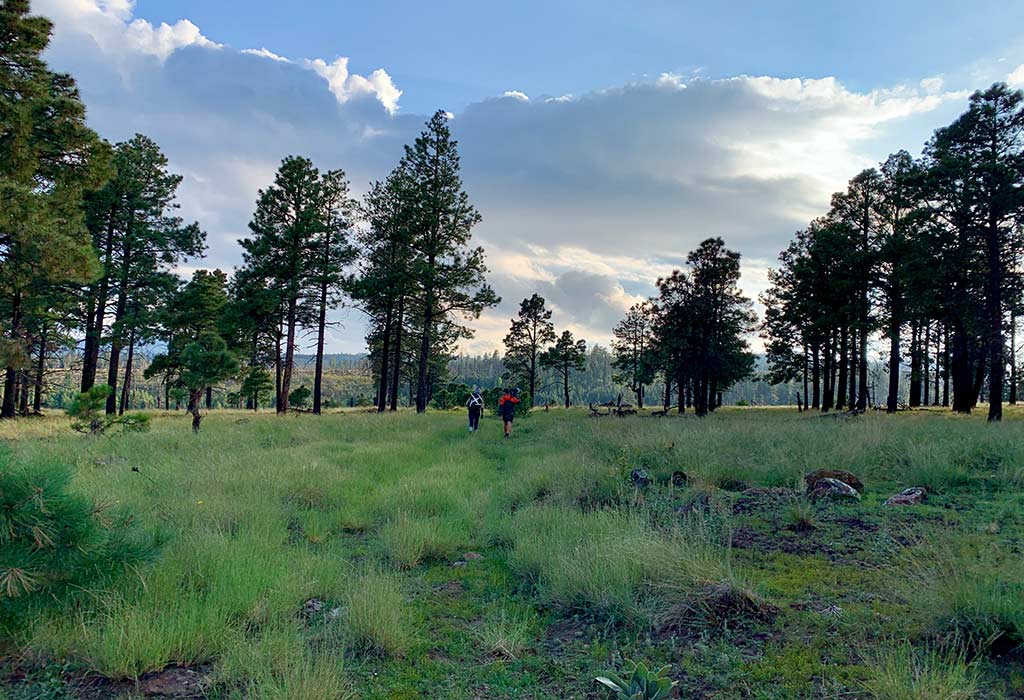My activist side made its first strong appearance in my life after I learned about industrial fishing as a senior in high school in Littleton, Colorado. As I researched ocean conservation for my senior project, I couldn’t believe what I was learning. For example, a longline, which is one method of large-scale fishing, stretches for two or three miles and is covered in thousands of hooks that kill non-target species like dolphins, turtles, seabirds, and sharks as it is dragged through the open ocean. Shark finning (imagine a shark being hauled out of the water and having its fins sliced off and then being tossed back into the water to drown or be eaten alive) accounts for up to 100 million sharks killed annually. Fin meat fetches a high price (at least $300 or $400 per pound), making it economically disadvantageous to lug an entire body back to land when one can just cut off the fins. I didn’t know much then, but I knew at a gut level that this wasn’t right.
Learning about the need for environmental advocacy as a teenager changed the entire course of my life. Getting involved in advocacy at a young age gave me direction and purpose; it connected me more to my community, from the people down my street to the people across the world. In my family, I earned the nickname “captain environment.” At the time, I had no idea that ten years in the future I would be a lawyer with WildEarth Guardians, using the law to give a voice to the voiceless and protect our wildlife, our wildlands, our water, our atmosphere, and our air.
My journey was windy and uncertain, but my passion never wavered. Every step was somehow connected to the bigger question always in my mind: how can we protect the planet long-term? In the intervening years between the start of my advocacy at 17 and law school, I worked as a side-walk fundraiser with Greenpeace, at a few vegetarian cafés, in an analytical laboratory, traveled the world working on small farms, and became a professional scuba diver. Each adventure helped me connect to the planet in a new way, and to different people and cultures. I wanted to understand how others interacted with the natural world and figure out how to communicate with them effectively. I attended protests, created petitions, made speeches at rallies, created advocacy-based Halloween costumes (my favorite was a Zom-bee, raising awareness for the plight of bees), and talked to people in my community about the small actions we can each take every day to help.
The outrage I felt senior year of high school when I learned about the pillaging of our oceans led me to a degree in Marine Science in Hawai`i. I wanted to be an ocean advocate more than anything, but I wasn’t sure how to do it. I thought science was the way but after four years knew that was not my path—I was frustrated with where I felt science ended and where policy-making began. Three years later, I ended up at Lewis and Clark Law School getting a degree in environmental law. I had no idea what I was doing—I barely understood how the government functioned. But I used the skills I had been cultivating. I networked, I got to know the people who were doing what I wanted to do, I learned and researched, and this led me to WildEarth Guardians.
My work with Guardians started during my second year of law school. I attended an event and met the Wildlife Coexistence Campaigner for Guardians. I offered to volunteer my time, and she took me under her wing and quickly introduced me to our Wildlife program litigator. My work with them included helping with a legal complaint focused on protecting several imperiled fish in Colorado, doing research for other wildlife lawsuits, attending hearings at the state capital building, and lobbying state representatives for pro-wildlife legislation. I learned about the opaque federal agency called Wildlife Services that wholesale kills our native wildlife, reminiscent of the destruction caused by longline fishing. I read the data about our federal government killing hundreds of thousands of animals annually, and again, I felt outraged—how could this be happening?
WildEarth Guardians is suing Wildlife Services all over the west because Guardians knows that this should not be happening. Working as a lawyer with Guardians gives me the chance to be a voice for the voiceless, and that is why I came back as a legal fellow after graduating from law school. I knew when I was 17 years old that there was no path for me other than one where I stand up to the powers that be and say this isn’t right.
If you are reading this and you have ever felt the outrage I am talking about, and had the urge to scream, “this isn’t right!” I want you to know that the path of environmental advocacy does not need to be traditional, does not need to be linear, does not need to be your career, and does not require fancy degrees. Environmental advocacy can be a conversation in a living room with a friend about something that matters to you, it can be attending a protest or sharing information on social media. It can be becoming ‘captain environment’ in your household and telling someone not to leave the water running in the sink. We are environmental advocates because of what it means to each of us individually, and your unique individual contribution is what the world needs, however and whenever that takes shape.
Like what you just read? Sign up for our E-news. Want to do more? Visit our Action Center.
